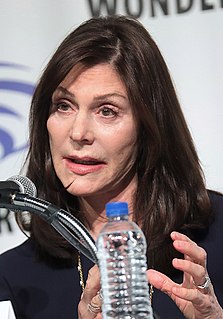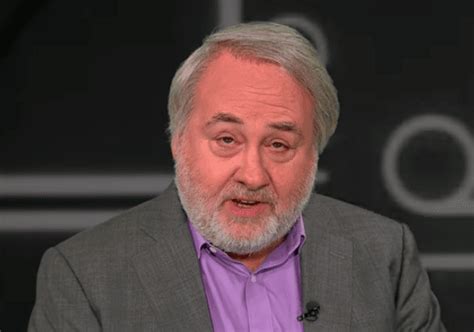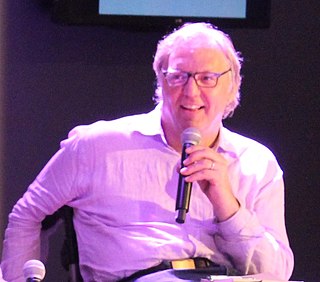A Quote by Liam Neeson
Why would anyone ever tell anything personal to a journalist?
Related Quotes
Growing up, I was discouraged from telling personal stories. My dad often used the phrase 'Don't tell anyone.' But not about creepy things. I don't want to lead you down the wrong path. It would be about insignificant things. Like, I wouldn't make the soccer team, and my father would say, 'Don't tell anyone.'
It's no mystery why many of us in the media can't get enough of the fabricators Jayson Blair and Stephen Glass, the latter of whom concocted more than a score of bogus feature stories for the New Republic (and who wrote for other magazines, including this one, once) in the mid-1990s. Anyone--journalist, student, academic--who has ever stared at a blank screen, their brains grinding emptiness, and thought, How can I fill this hole? knows that in those desperate moments before a deadline, almost anyone can do almost anything: make stuff up, plagiarize, scribble senseless half-truths.
I think every journalist understands when they are the beneficiary of hot information that, yes, they have a scoop, but they're also being used. Part of your responsibility as a journalist is to tell the story of why that information is coming to you, consistent with the ground rules of your sourcing.
its no surprise to me that anyone hardly tells the truth about how they feel. The smart ones keep to themselves for good reason. Why would you want to tell anyone anything that's dear to you? Even when you like them and want nothing more than to be closer to them? It's so painful to be next to someone you feel so strongly about and know you can't say the things you want to.
Instead he thinks up the worst ending imaginable: Hemingway has Catherine die from hemorrhaging after their child is stillborn. It is the most torturous ending I have ever experienced and probably will ever experience in literature, movies, or even television. I am crying so hard at the end, partly for the characters, yes, but also because Nikki actually teaches this book to children. I cannot imagine why anyone would want to expose impressionable teenagers to such a horrible ending. Why not just tell high school students that their struggle to improve themselves is all for nothing?




































